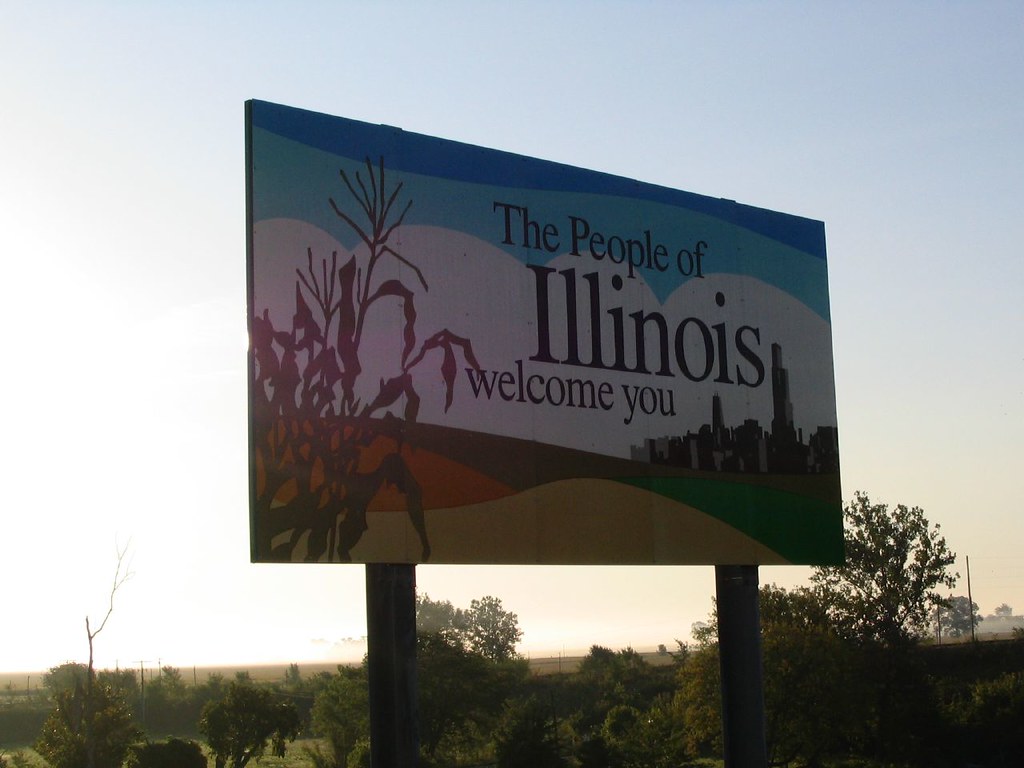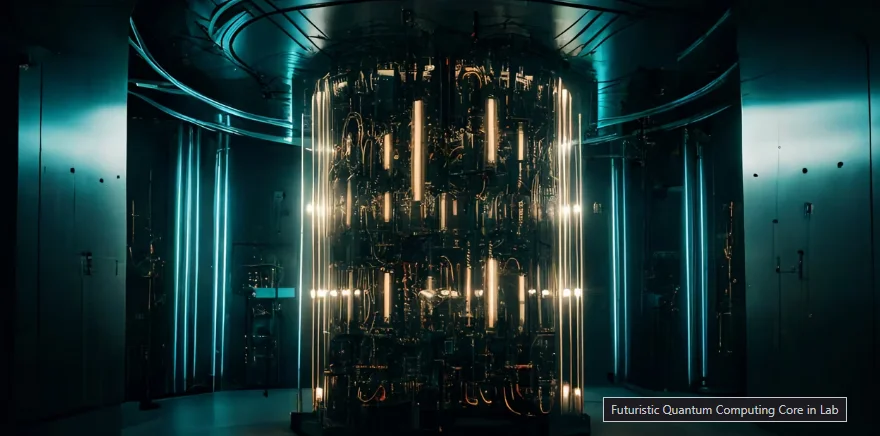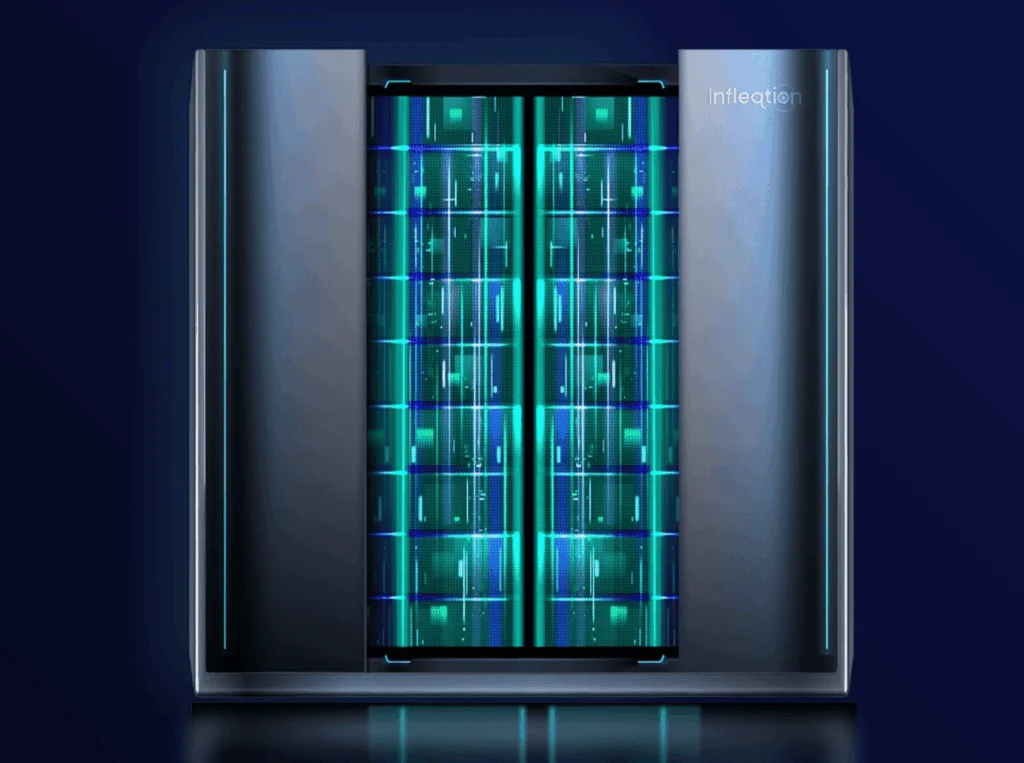Insider Brief
- Chicago’s quantum aspirations may receive a boost as the federal government agreed to invest up to $140 million in a new quantum-testing facility.
- DARPA will spearhead this initiative, with the funds being matched by another $140 million from Illinois’ state budget.
- DARPA has established a legacy of making critical early investments in groundbreaking technologies at their earliest stages — and quantum may be another one.
Chicago may have ended up the second city in a competition to serve as a federal quantum hub, but other federal agencies are lining up to use its big shoulders — and big brains — to build a multimillion dollar quantum facility, the city’s business media are reporting.
Crain’s Chicago Business reports that quantum-computing efforts in Chicago rebounded with a significant boost as the federal government agreed to invest up to $140 million in a new quantum-testing facility.
The Defense Advanced Research Projects Agency, or DARPA, will spearhead this initiative, with the funds being matched by another $140 million from Illinois’ state budget. This matching funding is part of the $500 million quantum investment that Governor J.B. Pritzker pitched for in this year’s budget, according to Crain’s Chicago Business.

DARPA has established a legacy of making critical early investments in groundbreaking technologies at their earliest stages, including its backing of early versions of the internet. Quantum computing is viewed as the next substantial leap in computing capabilities, offering machines that are faster at certain tasks and potentially far more secure than current technology, all of which are of particular interest to the military, as reported by Crain’s Chicago Business.
The DARPA investment might be seens as a compensatory measure after Illinois lost out to Colorado in being named a federal technology hub for quantum, which would have included $40.5 million in funding. Despite this setback, Governor Pritzker remains determined to transform Illinois into the “Silicon Valley of Quantum”. His vision has driven the development of a $20 billion quantum campus, a project that gained momentum when PsiQuantum considered Illinois as a potential site for constructing a quantum computer, the Chicago business publication reports.
Two sites are currently under consideration for this ambitious project: the former USX South Works steel plant along Lake Michigan on the southeast side of Chicago, and a former Texaco refinery in Lockport, according to Crain’s Chicago Business. Recent environmental assessments of these locations have cleared the way for a final decision, which is expected soon.
DARPA’s quantum-testing facility would serve as an anchor tenant on this campus, which will also feature a large, one-of-a-kind cryogenic facility. Together with the cryogenic facility and a large quantum computer intended for private sector use, the DARPA Illinois Proving Ground could serve as a beacon to attract other companies interested in collaborating with the federal government on quantum and related technologies.
Companies are lining up, the business publication reports. IBM is among the firms considering potential quantum projects in the Chicago area. The University of Illinois and University of Chicago, along with Argonne and Fermi national laboratories, have established themselves as powerhouses in quantum computing expertise. These institutions have already secured $275 million in federal grants for quantum research, underscoring the region’s deep knowledge and capabilities in this cutting-edge field, according to the Crain’s.
The influx of federal and state investments into the Chicago area could be critical not just for the quantum ecosystem, but for the regional economy broadly. Quantum computing offers more than just military advantage. Its theoretical potential could enhance encryption methods, optimize complex logistics and advance drug discovery, among other applications. As DARPA and state funds converge to support the development of advanced quantum infrastructure, Chicago businesses and industries could tap this transformative wave to propel further advances in computational power and security, with far-reaching implications for technology and industry alike, Crain’s Chicago Business points out.














